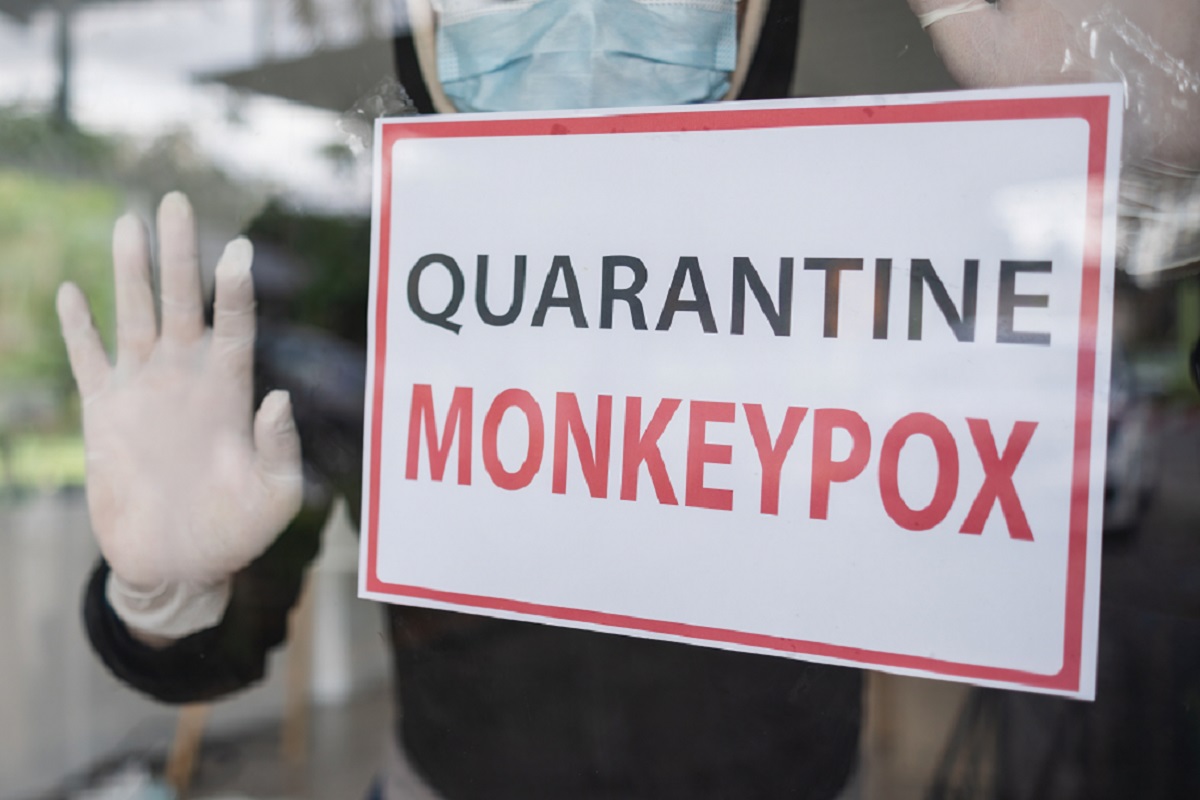The first case of human-to-dog transmission of the monkeypox virus has been detected in Paris, prompting a warning from the World Health Organisation (WHO).
Two men, who live in the same house and tested positive to monkeypox, began noticing lesions on their four-year-old Italian Greyhound 12 days after their first symptoms, documented medical journal the Lancet.
The greyhound, which the men said slept in the same bed as them, then tested positive to monkeypox through use of a PCR test.
Rosamund Lewis, technical lead for monkeypox for the WHO, said this was the first reported case of human-to-animal transmission.
Dr Mike Ryan, Director of the health emergencies program, said it was not unexpected.
“But what we don’t want to see happen is disease moving from one species to the next, and then remaining in that species and moving around within a new species because that’s when the virus can adapt, and then adapting to that new species is incentivised to evolve as such.”
Previously in endemic countries, only wild animals such as rodents and primates have been found to carry the monkeypox virus. Infection among domesticated animals, such as cats and dogs, has never been reported until now.
Dr Ryan said the main concern is for animals outside of the household.
“The more dangerous situation is where a virus can move into a small mammal population with high density of animals. It is through the process of one animal infecting the next and the next and the next that you see rapid evolution of the virus.”
Dr Ryan said that he doesn’t expect the virus to evolve any more quickly in one single dog than in one single human, and that while we must remain vigilant, pets are not a risk.
To stay up to date on the latest industry headlines, sign up to the Pet Industry News e-newsletter.

